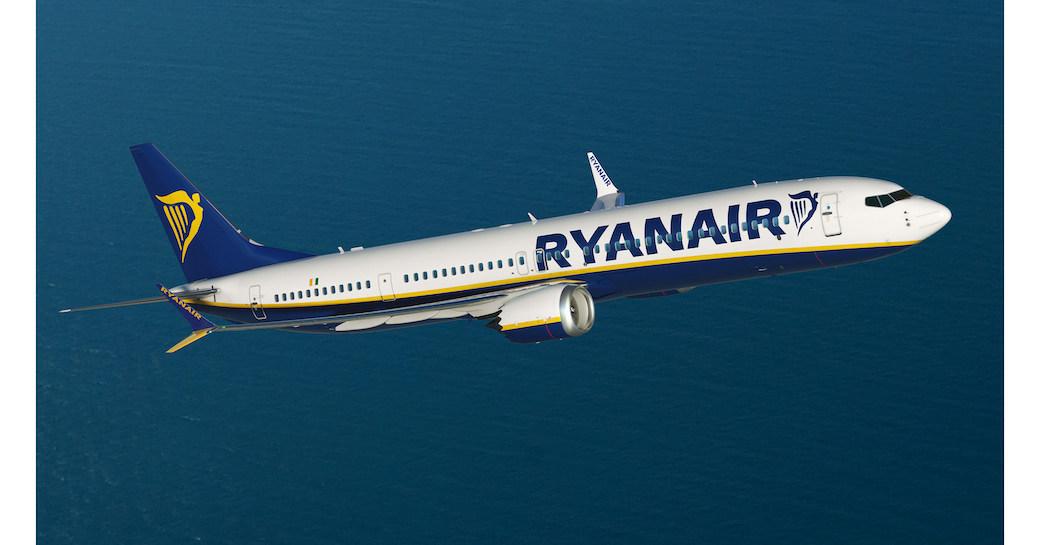
Ryanair has asked the Italian government to halt a “price cap” that the carrier says unlawfully interferes with the demand-based methods airlines use to set fares and will particularly affect routes serving Sicily and Sardinia.
The LCC says a decree approved by Italian Prime Minister Giorgia Meloni’s government Aug. 7 intending to halt high peak-season fares does not comply with EU rules and “will have the unintended consequence of raising prices for all passengers and will not allow airlines to open new routes as the promotional low fares of the intermediate season will affect prices in peak periods.”
Ryanair said the price cap will also result in airlines being disincentivized for flying in the winter period, explaining “low fares will be used as a calculation for peak-season prices and airlines will choose to fly to destinations that do not have a price cap, making the choice more than logical to reduce capacity to the islands, with the result that all passengers will pay substantially higher airfares.”
If it wants lower fares, Ryanair said, the Italian government must find a way to lower the cost of bringing capacity to the Italian islands, which would lead to more passengers and lower average fares, even in peak seasons.
Ryanair intends to allocate many of its recently ordered 300 Boeing 737 MAX aircraft to Italy, a market in which it has been growing strongly in recent years. The airline has presented a growth proposal for Sicily to the Italian government which it says, when implemented, will bring 3 million more seats and €1.5 billion ($1.65 billion) in tourism spending. The airline issued a similar growth proposal for Sardinia that is designed to guarantee a further 2 million passengers and €1 billion.
“This decision by the Italian government ... will have unintended consequences that will reduce capacity, hamper route development, limit winter connectivity and raise prices for all passengers flying to and from the islands,” Ryanair CEO Eddie Wilson said. “Interfering with price setting is counterproductive and will not reduce airfares, but will have the opposite effect, reducing the number of passengers with higher average fares.”
Wilson said incentivizing lower-cost airlines will bring more capacity, more connectivity. and lower fares. “Price interference will unfortunately only lead to less capacity, job losses, and higher tariffs for the citizens of Sicily and Sardinia,” he added.
